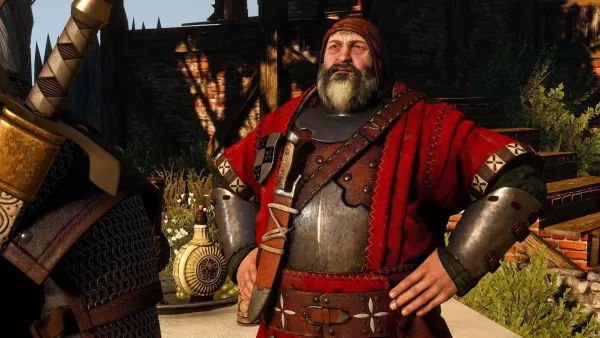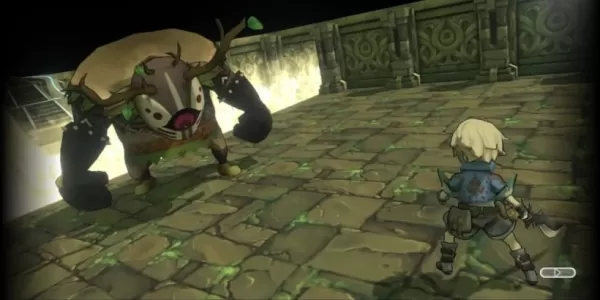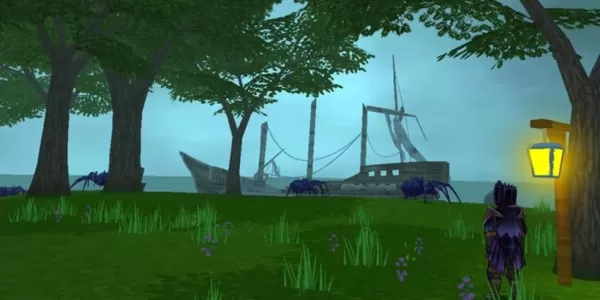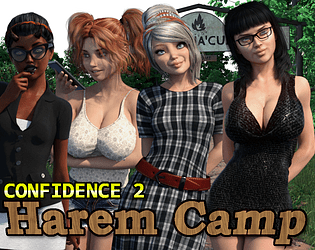

CD Projekt Red has established itself as a developer of exceptional narrative-driven games. The Witcher 3: Wild Hunt, celebrating its 10th anniversary, remains widely regarded as one of the finest RPGs ever created. Similarly, Cyberpunk 2077 has evolved through major updates into one of the most immersive open-world RPG experiences available. These flagship titles, alongside other notable releases, have cemented the studio's reputation for delivering deep, player-driven narratives.
The Craft of Interactive Storytelling
What truly distinguishes CDPR's approach is its intricate system of interlocking narrative elements that respond dynamically to player decisions. The studio achieves remarkable authenticity through evolving storylines, adaptive worlds, and reactive characters – a framework many RPG developers attempt but few execute as effectively.
"When playing other major RPGs, I often notice the gap between design ambition and technical execution," explains Patrick Mills, CDPR's franchise content strategy lead. "Players sometimes misinterpret this as poor design, when in reality it's often limitations of development tools preventing the full vision from being realized."
This technical foundation is crucial. CDPR has invested as much time developing its proprietary REDengine toolkit as creating actual games. This custom system has gone through four major iterations, each designed to support increasingly sophisticated narrative branching and gameplay systems. These tools enable the studio to craft cohesive experiences where player actions consistently feel meaningful and impactful.
Evolving Quest Design
Recent REDengine versions have allowed more experimental quest structures. While The Witcher series primarily focused on investigation, dialogue, and combat, Cyberpunk 2077 expanded this framework to accommodate diverse playstyles including stealth and hacking systems. The Phantom Liberty expansion pushed these boundaries further, incorporating quests inspired by survival horror and other genres.
"For our large-scale RPGs, gameplay variety isn't just desirable – it's essential," says level design lead Miles Tost. "Even with compelling narratives, players need fresh mechanics to maintain engagement throughout lengthy adventures."
The Anatomy of Meaningful Choices
CDPR has developed a proven methodology for crafting quests, each requiring narrative twists and multiple resolution paths. Every mission undergoes "destruction testing," where playtesters attempt every conceivable approach. This data helps designers refine quests to accommodate unexpected player behavior, creating more organic-feeling stories.
"We want players to feel rewarded by their decisions, even when outcomes are bittersweet," explains The Witcher 4 game director Sebastian Kalemba. "The emotional journey should feel cohesive and intentional, even when consequences are painful."
This philosophy is exemplified in Cyberpunk's Phantom Liberty expansion, where players face morally ambiguous choices between helping rogue agent Songbird or turning her over to handler Reed. Neither option is clearly "correct," forcing players to weigh complex character motivations against personal values.
Technical Challenges of Branching Narratives
The studio's transition from level-based design to open worlds has presented new challenges for maintaining impactful player choices. As associate game director Paweł Sasko notes, Cyberpunk's more fragmented structure made it harder to visibly demonstrate consequences compared to The Witcher 3's revisit-friendly locations.
"We initially approached Cyberpunk believing we understood choice implementation," Mills admits. "Post-launch analysis revealed we needed clearer signaling of decision points and more overt consequence demonstration."
This learning informed Phantom Liberty's more direct approach to choice presentation while retaining narrative complexity.
Looking Toward The Witcher 4
As development continues on The Witcher 4 (now titled Project Polaris), the team must balance past lessons with new ambitions while transitioning to Unreal Engine 5. According to Kalemba, core goals include enhanced player agency and more tools for gameplay-driven consequence manifestation beyond just narrative branches.
"We want players to define their experience through both story and gameplay systems," Kalemba states. "It's about evolving what The Witcher means while respecting its legacy."
Following Cyberpunk 2077's challenging launch and successful recovery, Project Polaris represents CDPR's next major test in pushing interactive storytelling forward while honoring its established strengths.








